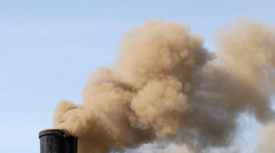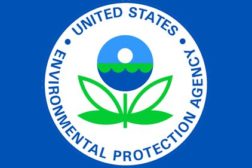Home » Keywords: » environmental regulations
Items Tagged with 'environmental regulations'
ARTICLES
Offshore oil platform discharges oil, chemicals into Gulf
Owner to pay $1 million in penalties
October 17, 2014
Regs that rile business
The Business Roundtable’s hit list – and OSHA isn’t on it!
October 8, 2012
Become a Leader in Safety Culture
Build your knowledge with ISHN, covering key safety, health and industrial hygiene news, products, and trends.
JOIN TODAYCopyright ©2025. All Rights Reserved BNP Media.
Design, CMS, Hosting & Web Development :: ePublishing







